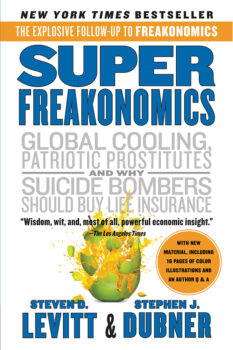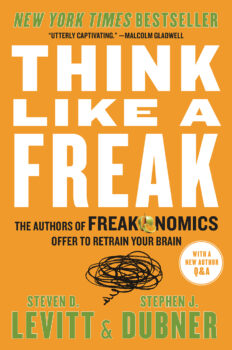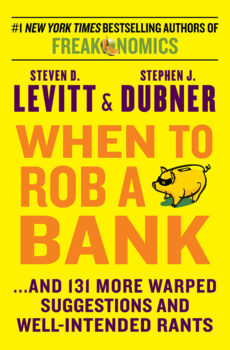Who Pays to Train Pilots?
A recent Buffalo News article discusses how the airlines are lobbying to rescind a new provision requiring commercial pilots to obtain 1,500 hours of flight training before they are certified (a Congressional response to last year’s fatal crash in Buffalo). The companies believe that this will cause pilots’ wages to rise (to pay for the increased training costs the pilots must incur), causing average total costs to increase, increasing industry prices and reducing output and profits.




